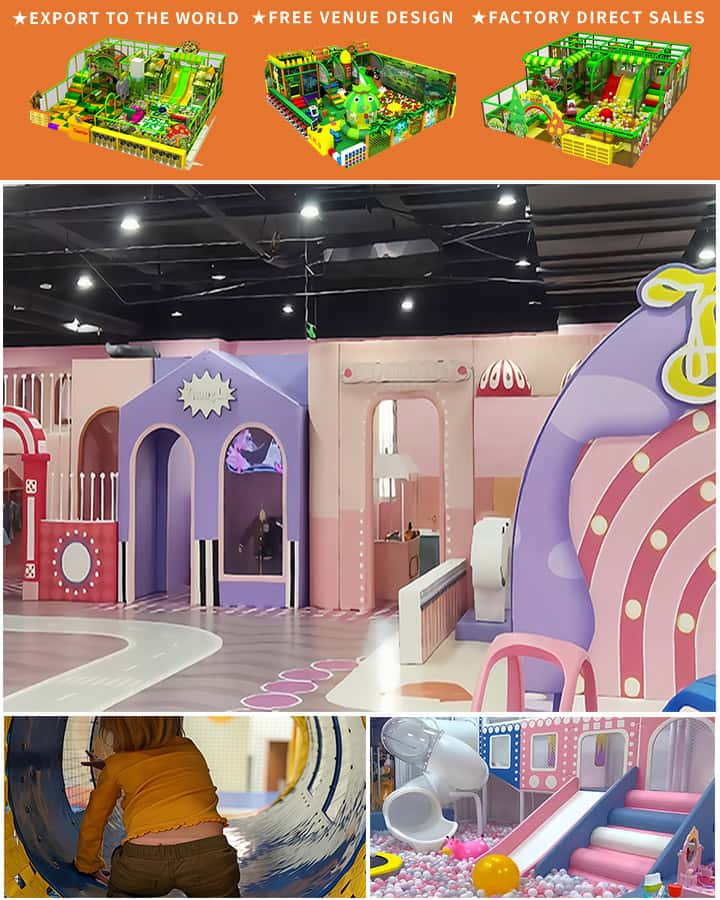In recent years, the significance of sports play on playground equipment has garnered increasing attention from educators, parents, and community planners. This growing recognition stems from a deeper understanding of the multifaceted benefits that such recreational activities offer. From physical health to social skills and mental well-being, the advantages of engaging in sports play on playground equipment are extensive and impactful.
Physical Health Benefits
One of the most obvious benefits of using playground equipment designed for sports play is improved physical health. Engaging in activities like basketball, soccer, or even simple games like tag encourages children and adults alike to be more active. Regular physical activity helps combat childhood obesity, strengthens muscles, and enhances cardiovascular health. For example, climbing structures, slides, and balance beams not only provide fun but also help develop motor skills and coordination.
Moreover, sports play requires various physical movements such as running, jumping, and dodging, which contribute to the development of agility, speed, and endurance. These activities can be especially beneficial when integrated into school curricula, promoting physical education and encouraging students to adopt lifelong habits of physical activity.

Social Skills Development
Playground equipment designed for sports play offers more than just physical exercise; it serves as a vital arena for social interaction and skill development. Team sports and group activities foster teamwork, cooperation, and communication among participants. Whether it’s passing a ball, strategizing during a game, or simply cheering each other on, these interactions help children learn how to work effectively with others.
Additionally, playgrounds often become social hubs where kids from diverse backgrounds can interact, break down barriers, and form friendships. These social dynamics are crucial for emotional growth and developing a sense of community. Learning to share equipment, take turns, and respect rules are fundamental lessons that extend beyond the playground and into daily life.
Cognitive and Emotional Well-being
Engaging in sports play has profound effects on cognitive functions and emotional well-being. Physical activity stimulates brain function, improving memory, concentration, and problem-solving skills. When children participate in sports, they often encounter challenges that require quick thinking and strategic planning, thereby enhancing their cognitive abilities.
On an emotional level, regular participation in sports play can boost self-esteem and confidence. Achieving goals, whether scoring a point, mastering a skill, or successfully completing a game, provides a sense of accomplishment and validation. Furthermore, the endorphins released during physical activity act as natural stress relievers, contributing to overall mental well-being.
Community Building
Playground equipment for sports play also plays a critical role in community building. Local parks and playgrounds equipped for sports activities serve as communal spaces where families can gather, creating stronger neighborhood bonds. Organized sports leagues, pick-up games, or even informal matches bring people together, fostering a sense of unity and shared purpose.
In conclusion, the importance of sports play on playground equipment cannot be overstated. These activities offer a comprehensive package of benefits that enhance physical health, social skills, cognitive functions, and emotional well-being. By investing in quality playground equipment designed for sports play, communities can provide their residents with valuable resources that promote a healthier, more connected, and happier society




